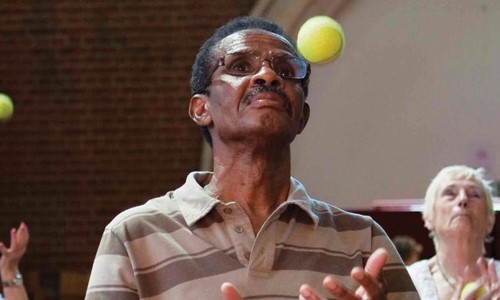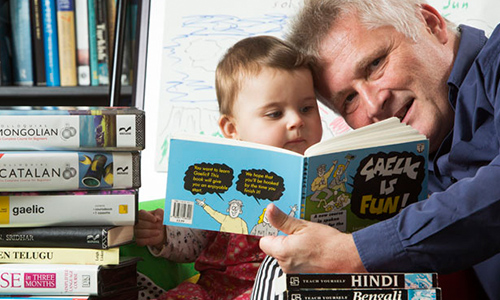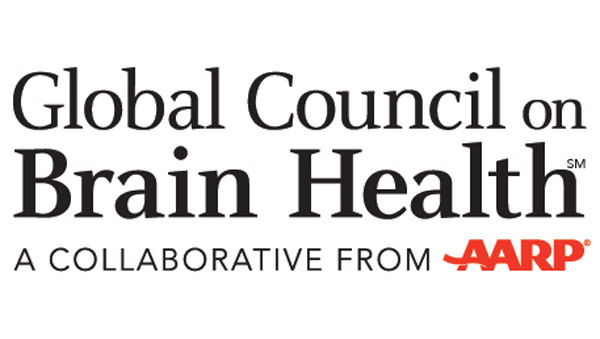
Step 1: learn how your brain works
Get to know about the brain's structure and functions.
Free to call 8am – 7pm 365 days a year
Find out more
Get a free weekly friendship call. We'll match you with one of our volunteers. Our service is flexible to suit the different needs of everyone who takes part.
Last year, over 10 million people trusted us to help them with some of the biggest issues in their lives. Learn more about how we help.
Here's how, with your support, Age UK is supporting older people through the cost of living crisis.

There are lots of things you can do to help protect your brain and thinking skills as you age. We've worked with leading experts to look at the evidence and help you discover how to stay sharp.

Get to know about the brain's structure and functions.

Our thinking skills change as we grow older. Find out how.

Hear from experts on what you can do to help stay sharp in later life.

Staying Sharp is a superb resource for so many of us who are concerned about losing our thinking skills as we grow older. We all need to understand how to reduce our chances of developing a devastating disease like dementia.
The Disconnected Mind is a world-leading research project at the University of Edinburgh, funded by Age UK. Central to the research, hundreds of older people are helping reveal how and why our thinking skills change with age.

Age UK is a member of the Global Council on Brain Health. The Council is a group of experts from around the world whose aim is to bring us trusted information on how to achieve a 'brain-healthy' lifestyle.

Age UK and scientists working on The Disconnected Mind project at the University of Edinburgh's Centre for Cognitive Ageing and Cognitive Epidemiology (CCACE) have worked together to bring you these web pages. CCACE is a centre of excellence in research on how ageing affects thinking skills, and how mental ability in youth affects health and longevity. CCACE is funded by the Medical Research Council (MRC), the Biotechnology and Biological Sciences Research Council (BBSRC), and the University of Edinburgh. Hundreds of older people, known as the Lothian Birth Cohort 1936, are taking part in research funded by Age UK within CCACE.
Thank you to National Museums Scotland for providing the photo of Lothian Birth Cohort 1936 member Mr Scott holding a 3D laser print of his brain.
Photo credits:
National Museums Scotland